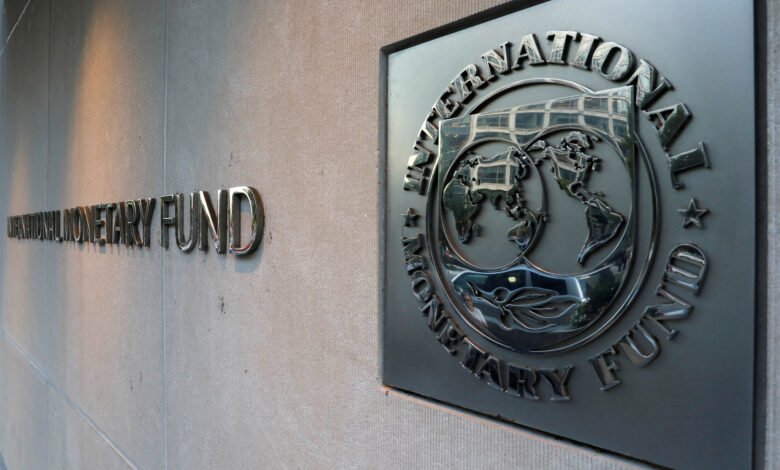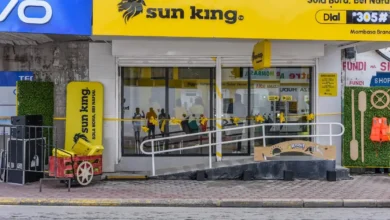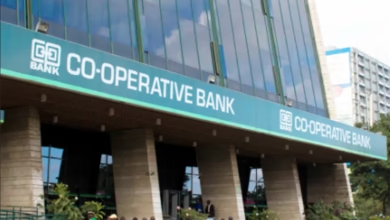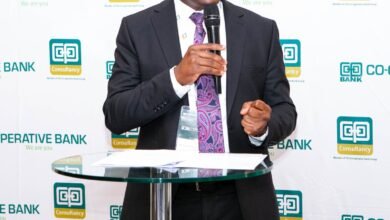
The International Monetary Fund (IMF) has approved the fourth review of Ghana’s $3 billion, 36-month Extended Credit Facility (ECF) arrangement, unlocking an immediate disbursement of approximately $367 million.
This brings total disbursements under the program to about $2.3 billion, marking a crucial milestone in Ghana’s economic reform journey.
According to the IMF, Ghana’s economy showed stronger-than-expected growth in 2024 and early 2025, led by robust activity in the mining, agriculture, ICT, manufacturing, and construction sectors.
The external sector also improved significantly, fueled by strong gold exports, increased remittances, and prudent monetary policy that allowed for international reserves to exceed program targets.
Despite the approval, the IMF flagged significant policy slippages at the end of 2024, mainly due to election-year spending pressures and delayed reforms in key sectors including energy, public finance, and state-owned enterprises. Inflation rose above target, though it has since started to decline.
In response, the new Ghanaian administration has introduced strong corrective measures. These include plans to achieve a primary fiscal surplus of 1.5% of GDP in 2025, driven by enhanced revenue mobilization, expenditure cuts, and strengthened budget controls. A comprehensive audit of end-2024 payables is also underway to restore fiscal discipline.
Also Read: Ghana Nears End of Debt Restructuring Despite High Inflation
“Faced with large policy slippages and reform delays at end-2024, the new administration has taken bold corrective actions to maintain the program on track,” said Bo Li, IMF Deputy Managing Director.
“Combined with ongoing reform efforts and an improved external position, these measures are set to support Ghana in reaching the goals of economic stabilization, rebuilding resilience, and fostering higher and more inclusive growth.”
The Bank of Ghana has tightened its monetary stance to rein in inflation and has made significant strides in rebuilding reserves. Measures have also been stepped up to monitor and recapitalize underperforming banks, reduce non-performing loans (NPLs), and enhance financial sector resilience.
Looking ahead, the IMF recommends that the BoG maintain tight monetary policy until inflation returns to target, and encourages greater exchange rate flexibility through a formal FX intervention framework.
The government has signed a Memorandum of Understanding (MoU) with its Official Creditors Committee under the G20 Common Framework and is working to finalize bilateral agreements. Efforts are also ongoing to engage with commercial creditors in line with program terms and the principle of comparability of treatment.
This progress has contributed to a credit rating upgrade from major international agencies—a boost to investor confidence and a signal of Ghana’s improved fiscal outlook.






An attention-grabbing discussion is value comment. I feel that it is best to write more on this subject, it won’t be a taboo subject however generally individuals are not enough to speak on such topics. To the next. Cheers